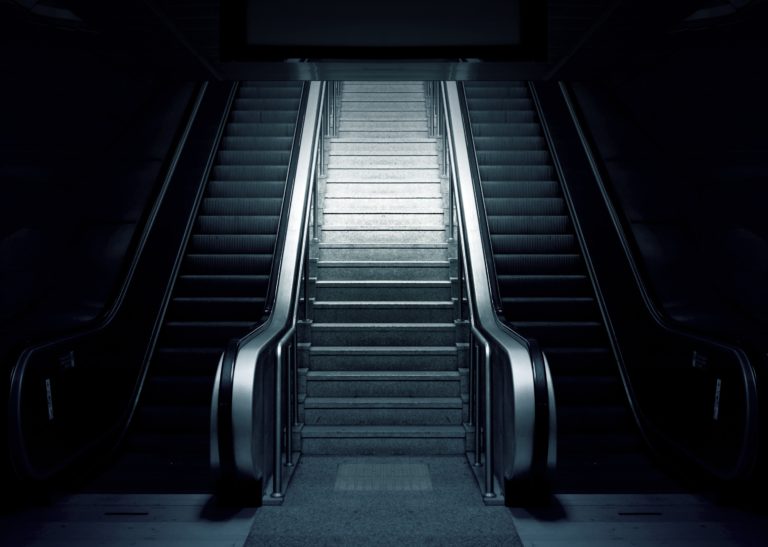
Escalators are essentially the most mundane aspect of all multi-storied buildings, such as department stores or shopping malls. However, sometimes, an escalator ride is anything but mundane. When escalators malfunction due to poor manufacturing or negligent maintenance, accidents are extremely probable, and there are very few things passengers can do to protect themselves. This is why most injured passengers will seek financial compensation to cover the cost of their medical bills, lost wages, in-home care, and more. If you were injured in an escalator accident, here are some of the questions you may have:
What are the most common contributors to escalator accidents?
- Inadequate escalator lighting
- Loose or missing screws
- Improperly working emergency shut-off buttons
- Faulty handrails
- Escalators reversing direction, resulting in a pileup
- Finger entrapments
- Between-step entrapments
- Missing comb plates
- Missing foot brushes
- Gaps and spaces
- Missing steps
- Overcrowded escalators
- Electrical or mechanical malfunctions
- Escalator design flaws
- Clothing or limbs getting snagged by machinery
What injuries are generally sustained in escalator accidents?
Some of the most frequently sustained injuries due to escalator accidents are as follows:
- Traumatic brain injuries
- Joint injuries
- Spinal cord injuries
- Soft tissue injuries
- Broken bones
- Concussions
- Cuts and bruises
- Torn ligaments
How do I know if I am entitled to financial compensation following a New Jersey escalator accident?
To recover financial compensation, you must always first prove that you were injured due to another party’s negligence. In the case of an escalator accident, you may either have a product or a premises liability claim, so you must hire a knowledgeable attorney who can determine who was responsible for the injuries you have sustained.
How do I prove another party’s negligence?
You and your attorney will work to recover several pieces of evidence that will prove your claim. Perhaps the most straightforward means to prove your claim is via security camera footage of your accident. However, you may also use witness statements, police reports, medical documents, and more to prove your claim.
What is the statute of limitations in New Jersey?
In New Jersey, the statute of limitations is two years, which means you have two years from the date of your accident to file your personal injury claim. If you fail to do so, you will most likely be denied the compensation you may truly need. This is why you must hire an experienced attorney who is ready to take action immediately.
Contact our experienced New Jersey firm
The law firm of Mattleman, Weinroth & Miller, P.C., is composed of experienced defense attorneys throughout the state of New Jersey. We understand the severity and immediacy of all personal injury claims and additional legal matters, and we provide each of our clients with compassionate and aggressive legal assistance, every step of the way. Please contact our office for a free initial consultation and get any questions answered regarding your legal case.

